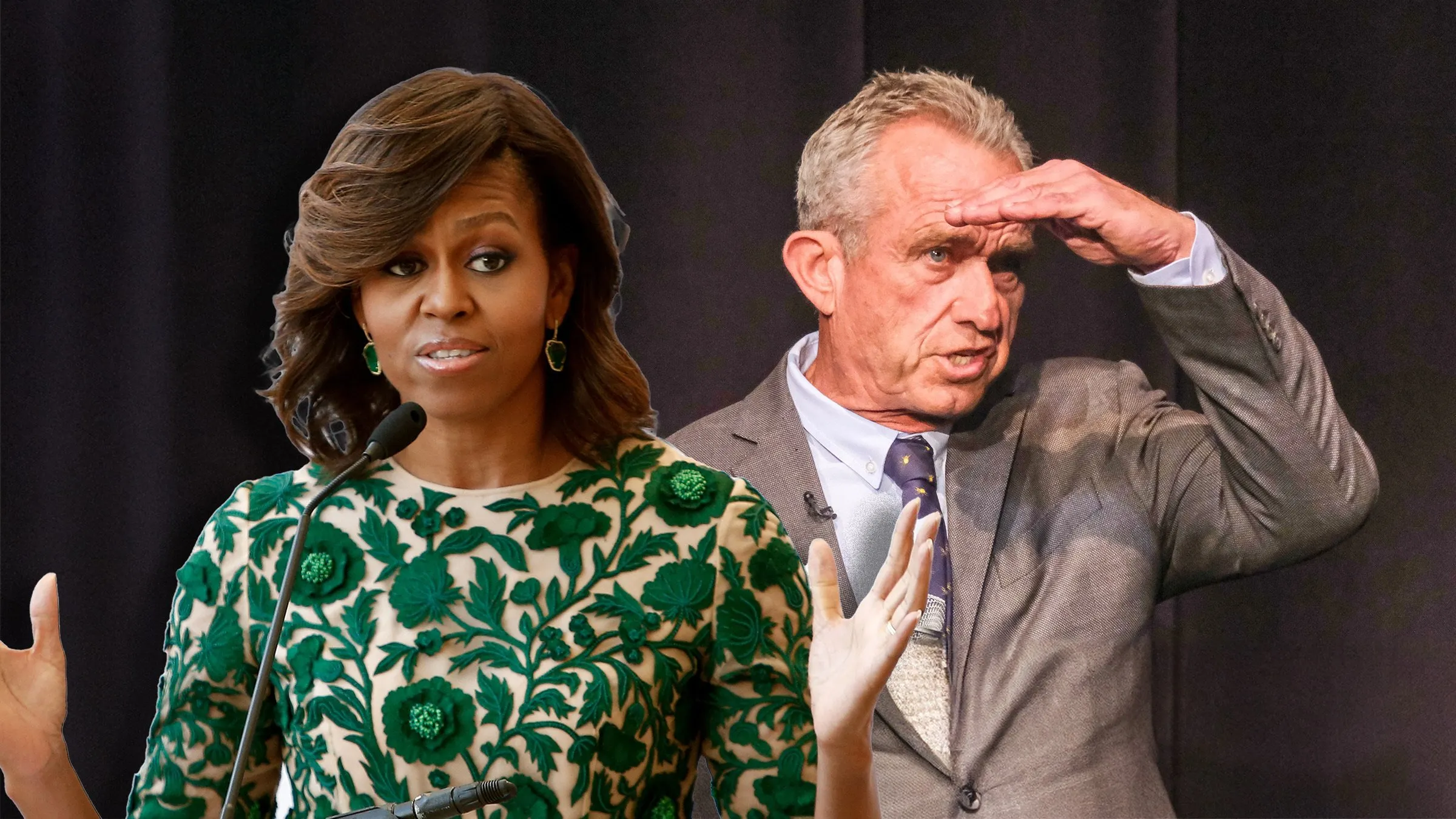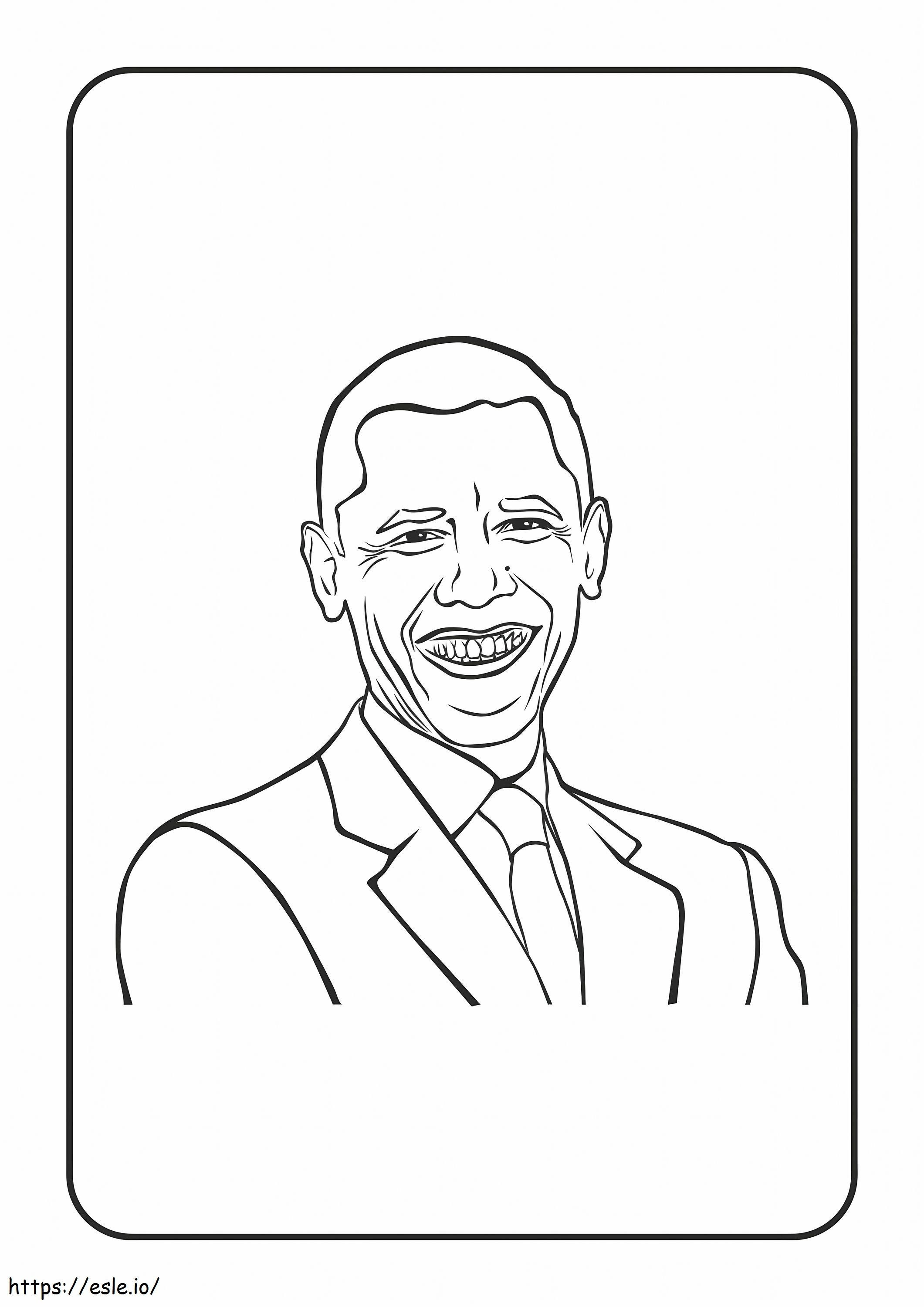Exploring The Legacy Of RFK And Obama: A Journey Through Leadership And Change
Both men, though separated by decades, shared a vision of hope, equality, and transformative leadership. RFK, with his fiery speeches and unwavering commitment to civil rights, became a beacon of change during one of the most turbulent periods in U.S. history. Similarly, Obama’s historic presidency broke barriers and inspired millions worldwide, showcasing the power of unity and progress. Their stories are not just about political achievements but about the enduring human spirit’s ability to overcome adversity and strive for a better future. While RFK’s life was tragically cut short in 1968, his legacy continues to resonate through the causes he championed, from poverty alleviation to racial justice. Obama, on the other hand, served two terms as the 44th President of the United States, leaving behind a legacy of healthcare reform, climate action, and global diplomacy. Together, RFK and Obama represent a continuum of leadership that transcends generations, offering lessons in resilience, empathy, and the courage to challenge the status quo. Their journeys remind us that change is possible when leaders are driven by a moral compass and a genuine desire to serve. In this article, we will delve into the lives, achievements, and enduring legacies of RFK and Obama. By exploring their biographies, personal philosophies, and the challenges they faced, we aim to uncover what made them such influential figures. From their early years to their defining moments on the national stage, we will examine how they shaped history and inspired countless individuals to believe in the possibility of a brighter tomorrow. Whether you’re a history enthusiast or simply curious about the impact of these iconic leaders, this article promises to provide valuable insights into the lives of RFK and Obama.
Table of Contents
- Biography of RFK and Obama
- What Makes RFK and Obama Inspirational Leaders?
- How Did RFK and Obama Approach Social Justice?
- RFK and Obama’s Impact on Political Reform
- What Can We Learn from RFK and Obama’s Leadership Styles?
- How Did RFK and Obama Inspire Change in Their Eras?
- RFK and Obama’s Legacy in Modern Politics
- Frequently Asked Questions About RFK and Obama
Biography of RFK and Obama
To truly understand the impact of RFK and Obama, it’s essential to explore their personal histories and the events that shaped their lives. Both men emerged from unique backgrounds, yet their shared commitment to public service and justice propelled them onto the national stage.
Robert F. Kennedy: A Life of Purpose
Robert Francis Kennedy, born on November 20, 1925, in Brookline, Massachusetts, was the seventh child of Joseph P. Kennedy Sr. and Rose Fitzgerald Kennedy. Growing up in a politically influential family, RFK was exposed to the intricacies of public life from an early age. He attended Harvard University and later served in the U.S. Navy during World War II. After the war, he pursued a law degree at the University of Virginia and embarked on a career in public service. RFK’s political journey began as a trusted advisor to his brother, President John F. Kennedy, serving as the U.S. Attorney General from 1961 to 1964. His tenure was marked by efforts to combat organized crime, advocate for civil rights, and navigate the complexities of the Cold War.
Read also:Alex Cobb The Underrated Mlb Pitching Ace You Need To Know
Barack Obama: A Journey of Hope
Barack Hussein Obama II was born on August 4, 1961, in Honolulu, Hawaii. Raised by his mother, Ann Dunham, and his grandparents, Obama’s early years were shaped by a diverse cultural upbringing. He attended Columbia University and later Harvard Law School, where he became the first Black president of the Harvard Law Review. Obama’s political career began in Illinois, where he served in the state senate before being elected to the U.S. Senate in 2004. His historic presidential campaign in 2008 captivated the nation, and he became the first African American president of the United States, serving from 2009 to 2017.
Personal Details and Bio Data
| Attribute | RFK | Obama |
|---|---|---|
| Full Name | Robert Francis Kennedy | Barack Hussein Obama II |
| Date of Birth | November 20, 1925 | August 4, 1961 |
| Place of Birth | Brookline, Massachusetts | Honolulu, Hawaii |
| Education | Harvard University, University of Virginia | Columbia University, Harvard Law School |
| Political Career | U.S. Attorney General, U.S. Senator | U.S. Senator, 44th President of the United States |
What Makes RFK and Obama Inspirational Leaders?
RFK and Obama are often celebrated not just for their political achievements but for the qualities that made them truly inspirational leaders. Both men demonstrated an ability to connect with people from all walks of life, using their platforms to advocate for meaningful change. RFK’s empathetic leadership style was evident in his willingness to listen to marginalized communities and address their concerns directly. Whether speaking to striking farmworkers in California or visiting impoverished neighborhoods in Appalachia, RFK’s genuine compassion resonated deeply with those who felt forgotten by the political system.
Obama, too, embodied the qualities of a transformative leader. His campaign slogan, “Yes We Can,” encapsulated a message of unity and empowerment that inspired millions. As president, Obama prioritized inclusivity, appointing a diverse cabinet and engaging with communities that had long been underrepresented in government. His ability to articulate a vision of hope and progress, even in the face of adversity, earned him widespread admiration. Both RFK and Obama understood the importance of leading by example, using their personal experiences to inform their policies and decisions.
Key Traits of Inspirational Leadership
- Empathy: Both leaders demonstrated a deep understanding of the struggles faced by ordinary citizens.
- Vision: RFK and Obama were driven by a clear vision of a more just and equitable society.
- Resilience: Despite facing immense challenges, they remained steadfast in their commitment to their causes.
How Did RFK and Obama Approach Social Justice?
Social justice was at the heart of both RFK and Obama’s political philosophies. RFK’s commitment to civil rights was evident in his support for the Civil Rights Act of 1964 and his efforts to combat systemic racism. He famously walked through the streets of Indianapolis on the night of Martin Luther King Jr.’s assassination, delivering a heartfelt speech that urged calm and unity. His advocacy extended beyond racial equality to address issues like poverty, hunger, and labor rights, making him a champion for the underprivileged.
Obama, too, made social justice a cornerstone of his presidency. His administration worked tirelessly to expand access to healthcare through the Affordable Care Act, ensuring that millions of Americans could afford medical treatment. Additionally, Obama prioritized criminal justice reform, addressing disparities in sentencing and advocating for the reintegration of formerly incarcerated individuals into society. His administration also took significant steps to advance LGBTQ+ rights, including the repeal of “Don’t Ask, Don’t Tell” and the legalization of same-sex marriage.
Shared Principles in Advocacy
- Equality: Both leaders fought tirelessly to dismantle systemic barriers and promote fairness.
- Inclusion: RFK and Obama emphasized the importance of giving a voice to marginalized communities.
- Progress: Their policies were designed to create long-term change rather than short-term fixes.
RFK and Obama’s Impact on Political Reform
RFK and Obama’s legacies are deeply intertwined with their contributions to political reform. RFK’s tenure as Attorney General was marked by efforts to dismantle organized crime and corruption, earning him a reputation as a fearless advocate for justice. He also played a pivotal role in advancing civil rights legislation, working closely with his brother, President John F. Kennedy, to push for meaningful reforms. Even after JFK’s assassination, RFK continued to champion causes like voting rights and economic equality, laying the groundwork for future progress.
Read also:Small Tits
Obama’s presidency was defined by his ability to navigate complex political landscapes and implement transformative reforms. His administration’s focus on healthcare reform resulted in the passage of the Affordable Care Act, which expanded coverage to millions of Americans. Additionally, Obama’s commitment to climate action led to the signing of the Paris Agreement, a landmark international effort to combat global warming. His leadership style emphasized collaboration and diplomacy, both domestically and on the global stage.
Key Reforms and Their Impacts
- Healthcare: Obama’s Affordable Care Act revolutionized access to medical services.
- Civil Rights: RFK’s advocacy laid the foundation for significant legislative changes.
- Global Diplomacy: Obama’s efforts to strengthen international alliances fostered cooperation on critical issues.
What Can We Learn from RFK and Obama’s Leadership Styles?
RFK and Obama’s leadership styles offer valuable lessons for aspiring leaders and citizens alike. RFK’s approach was characterized by a hands-on, grassroots mentality. He believed in the power of personal connection, often visiting communities to listen to their concerns firsthand. This approach not only informed his policies but also built trust and credibility among those he sought to serve. His willingness to take bold stands, even when unpopular, demonstrated a commitment to principles over politics.
Obama, on the other hand, emphasized the importance of collaboration and consensus-building. His ability to bring together diverse groups of people to achieve common goals was a hallmark of his presidency. Obama’s leadership style was also marked by a focus on long-term solutions, prioritizing sustainability and equity in policymaking. Both leaders understood the importance of resilience, maintaining their vision even in the face of setbacks and opposition.
Lessons in Leadership
- Authenticity: Both leaders stayed true to their values and beliefs.
- Collaboration: Obama’s emphasis on teamwork highlights the power of collective action.
- Adaptability: RFK’s willingness to evolve and address new challenges underscores the importance of flexibility.
How Did RFK and Obama Inspire Change in Their Eras?
RFK and Obama’s ability to inspire change was rooted in their ability to connect with people on a deeply personal level. RFK’s speeches often resonated with themes of hope, justice, and resilience, offering a message of empowerment during times of uncertainty. His campaign for the presidency in 1968 was fueled by a vision of a more compassionate and inclusive America, one that prioritized the needs of the marginalized over the interests of the powerful.
Obama’s presidency was similarly transformative, offering a vision of progress and unity in a divided nation. His historic election in 2008 symbolized a new era of possibility, breaking down barriers and inspiring countless individuals to believe in the power of change. Whether addressing economic inequality, healthcare disparities, or climate change, Obama’s policies were designed to create a more equitable society. Both leaders understood the importance of inspiring action,
What Is Proof Of Play And Why Does It Matter?
Hillary Clinton Farts: A Light-Hearted Look At The Former First Lady
Exploring The US Army Bowl: History, Impact, And Legacy

Michelle Obama and RFK Jr. Have Equal Odds of Next President

Obama Flag coloring page